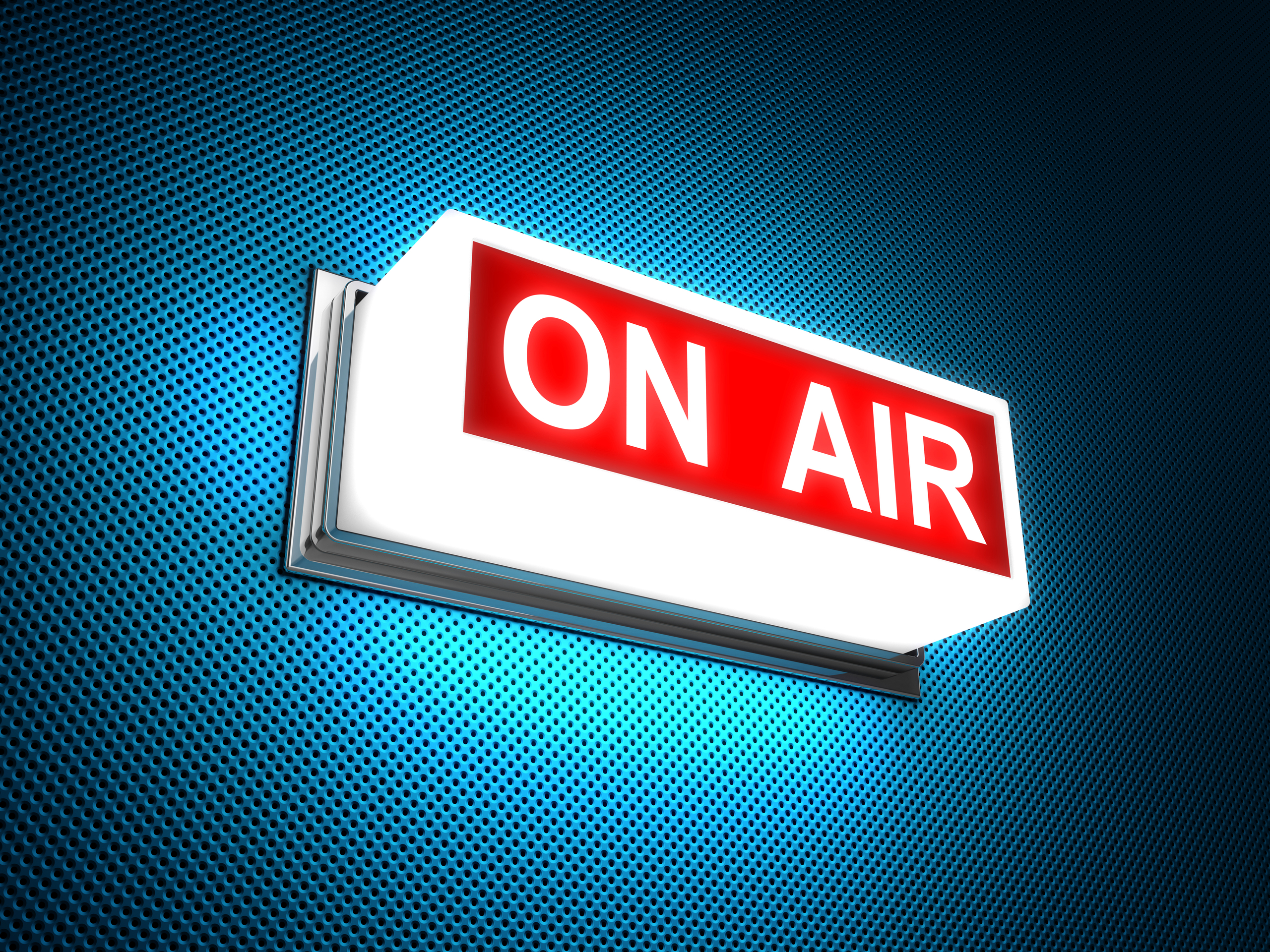Donald Trump is actually running for president of talk radio
Now there's a job he'd succeed at!


A free daily email with the biggest news stories of the day – and the best features from TheWeek.com
You are now subscribed
Your newsletter sign-up was successful
Donald Trump likes to cite his supposed success as a businessman to argue that he is qualified for the White House. But it's really his success as an entertainer that he's using to get there.
Trump the showman dazzled nearly 14 million Republican primary voters the way none of the other 16 candidates ever could. And now the show must go on.
The Republican presidential nominee appears to be more afraid that people will stop talking about him or find him boring than he is of losing the election. "I can tell you that if I go too presidential, people are going to be very bored," Trump said earlier this year, worrying that his supporters would "fall asleep."
The Week
Escape your echo chamber. Get the facts behind the news, plus analysis from multiple perspectives.

Sign up for The Week's Free Newsletters
From our morning news briefing to a weekly Good News Newsletter, get the best of The Week delivered directly to your inbox.
From our morning news briefing to a weekly Good News Newsletter, get the best of The Week delivered directly to your inbox.
There's little chance of that happening. Last week he talked about what "Second Amendment people" could do to thwart Hillary Clinton's liberal judges and called President Barack Obama the founder of ISIS (Clinton is a co-founder).
We already know that Trump, a man who has thrived in the tabloid culture of New York City, believes that nearly all publicity is good publicity. He drowned his primary opponents in a flood of earned media and is dominating the headlines in the general election campaign, though not always to his benefit.
But Trump has also added some of the tics of talk radio to his repertoire. Be provocative, overly simplistic, and even bluntly insulting while discussing controversial public issues. It's good for ratings and it may start a debate that other more timid souls — even on his side — would have been too polite to join.
It's no coincidence that Trump's biggest boosters in the conservative media are practitioners of this technique: syndicated columnist Ann Coulter, radio commentator Laura Ingraham, and various up-and-coming internet scribes.
A free daily email with the biggest news stories of the day – and the best features from TheWeek.com
Rush Limbaugh is not a full-throated Trump supporter. But he clearly recognizes what Trump is doing and frequently tries to explain the real estate developer to his listeners. Limbaugh has at times been open about intentionally trying to provoke audiences and "demonstrating absurdity by being absurd."
Both of Trump's more recent controversies sound like the sort of thing a radio host might say. Some listeners might hear him saying Obama created a vacuum filled by ISIS when he pulled out of Iraq or failed to back up his "red line" in Syria; others might hear that ISIS was unleashed by Clinton supporting regime change in Iraq and Libya; others still might hear confirmation of darker, less defensible views, such as a belief that Obama is some sort of clandestine Muslim traitor.
Same with the Second Amendment business. Some might hear a Lee Harvey Oswald joke (though few in conservative talk radio would start bringing up Ted Cruz's dad), others a "from my cold, dead hands" defense of the right of armed insurrection. Get called into the station manager's office after a few angry sponsors threaten to pull their ads, however, and you can argue that the transcript says none of these things.
Oddly, an actual radio talk show host tried to convince Trump that perhaps calling Obama and Clinton founders of ISIS was not the best way to make his point. "They created the Libyan vacuum, they created the vacuum into which ISIS came, but they didn't create ISIS," Hugh Hewitt explained. "That's what I would say."
Trump would have none of it, but it was clear that his disagreement was not with the substance of what Hewitt was saying to him but with its lack of crowd-pleasing flair. "Everyone's liking it," Trump said of his preferred formulation. "I think they're liking it."
When Hewitt made one last stab at suggesting why a different choice of words would be more effective, Trump shot back, "But they wouldn't talk about your language, and they do talk about my language, right?"
The man has a point. There are just three small problems with being talk-show-host-in-chief. Not everyone is looking to be entertained when they pick the next president of the United States. The language of talk radio goes much further in the Republican primaries than the general election. And the logic of elections and commentary is different.
Angry listeners are as helpful to a controversial radio host's audience share as happy ones. Hate clicks from outraged readers count the same as clicks from devoted fans. In electoral politics, however, there are no hate votes. They just vote for some other candidate.
W. James Antle III is the politics editor of the Washington Examiner, the former editor of The American Conservative, and author of Devouring Freedom: Can Big Government Ever Be Stopped?.
